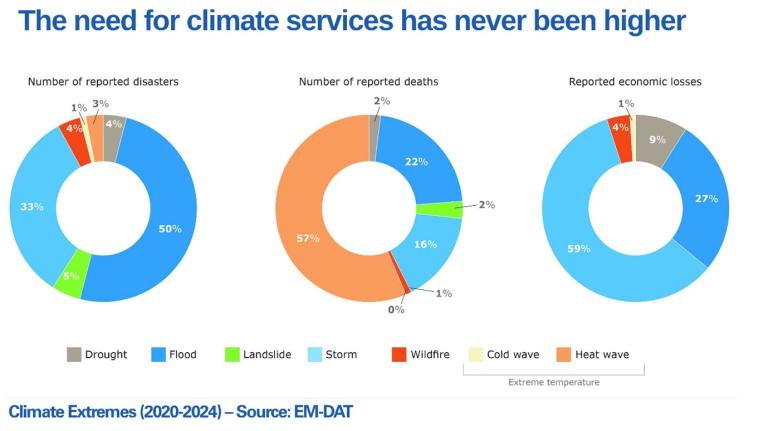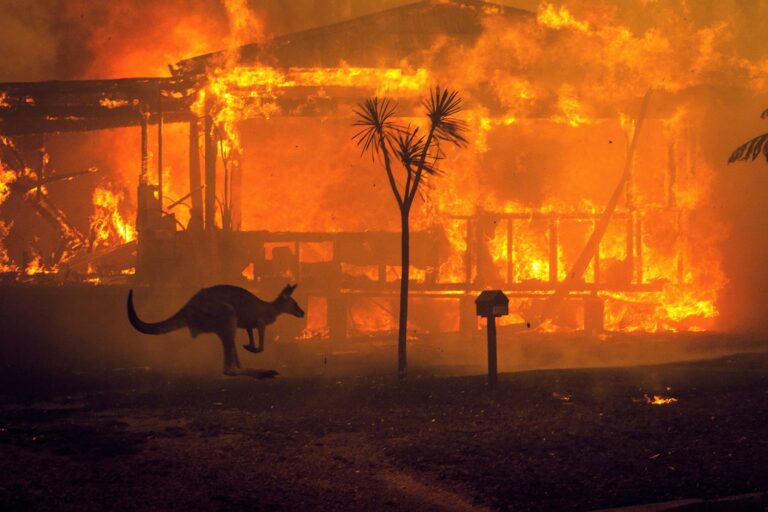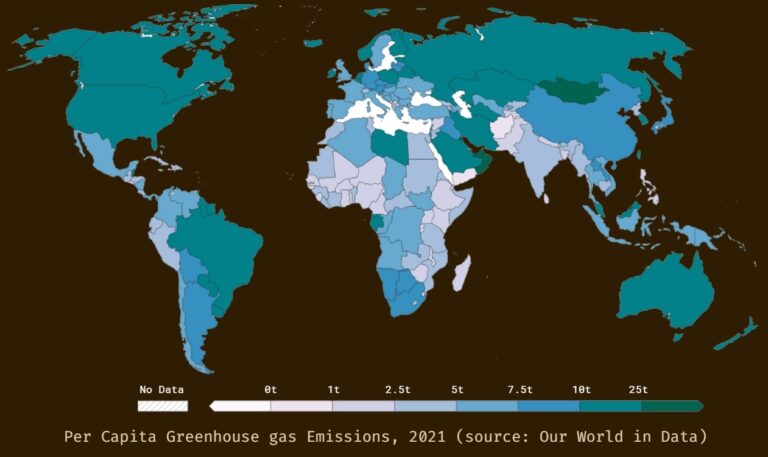2024: Record-Breaking Heat and the Growing Threat of Climate Change
The year 2024 has shattered previous temperature records, marking it as the hottest year in recorded history. As global temperatures continue to soar, the devastating impacts of climate change are becoming increasingly apparent. From intensifying heatwaves and wildfires to rising sea levels and disrupted ecosystems, humanity faces an urgent challenge. This article explores the depths of scientific research and the evidence underscoring this alarming tre
2024: The Hottest Year on Record
According to recent data from the World Meteorological Organization (WMO), 2024 has set unprecedented global temperature records, with average surface temperatures exceeding the pre-industrial baseline by more than 1.5°C (WMO, 2024). This alarming milestone highlights the accelerated pace of global warming, attributed largely to anthropogenic greenhouse gas emissions.

The rise in temperatures has been exacerbated by the El Niño phenomenon, which intensifies heat globally. However, scientists stress that human-induced climate change remains the primary driver. Research published in Nature Climate Change highlights that over 90% of the warming observed since the mid-20th century is due to human activities, particularly the burning of fossil fuels (Smith et al., 2023).
The Evidence of a Warming Planet
Virtual Reality (VR) immerses users in a completely simulated environment that can be interacted with through specialized equipment like VR headsets and controllers. In VR, the user is placed in a fully virtual world, where they can experience simulated environments, scenarios, and interactions that are not present in the real world. This immersive nature of VR makes it especially valuable in treating psychiatric conditions by offering controlled environments where patients can confront fears, practice coping strategies, or undergo therapeutic interventions.
1. Increasing Heatwaves
Extreme heatwaves are becoming more frequent, prolonged, and severe. In 2024, several regions experienced record-breaking temperatures, including Europe, North America, and Asia. For instance, Southern Europe faced temperatures exceeding 45°C, leading to significant health crises and economic losses (European Climate Assessment, 2024).
A study by Xu et al. (2023) indicates that the frequency of deadly heatwaves has tripled since 1980. The research also warns that without immediate mitigation, vast areas of the planet could become uninhabitable due to extreme heat by 2100.
2. Melting Polar Ice and Rising Sea Levels
The Arctic and Antarctic regions are witnessing unprecedented ice melt. Satellite data from NASA reveal that the extent of Arctic sea ice in 2024 is at its lowest since records began (NASA, 2024). This melting contributes significantly to rising sea levels, which pose a threat to coastal communities worldwide.
Research by Hansen et al. (2023) predicts that sea levels could rise by up to 1 meter by 2100 if current emission trends continue. Such a rise would displace millions, submerge low-lying islands, and exacerbate the impacts of storm surges.
3. Wildfires and Ecosystem Disruption
Unlike VR, Augmented Reality (AR) overlays digital elements onto the real-world environment. Using devices such as smartphones, AR glasses, or headsets, AR enhances the real world with virtual objects, information, or visuals. In neuroscience and psychiatry, AR can be used to visualize brain activity, simulate neurological conditions, or create interactive therapeutic environments for patients.

The Role of Human Activity
The Intergovernmental Panel on Climate Change (IPCC) emphasizes that human activity is the dominant cause of recent climate change (IPCC, 2023). Key contributors include:
- Burning Fossil Fuels: The combustion of coal, oil, and natural gas for energy production is the largest source of greenhouse gas emissions.
- Deforestation: Clearing forests for agriculture or urban development reduces the planet’s ability to absorb carbon dioxide.
- Industrial Processes: Manufacturing and chemical production release significant quantities of greenhouse gases and pollutants.
Impacts on Human Health and Economy
The health impacts of rising temperatures are profound. Heat-related illnesses and deaths are on the rise, particularly among vulnerable populations such as the elderly and those with pre-existing conditions. A study in The Lancet links rising temperatures to increased hospitalizations due to heatstroke, dehydration, and cardiovascular complications (Anderson et al., 2024).
Economically, the costs of climate change are staggering. The World Bank estimates that climate-related disasters caused global economic losses exceeding $300 billion in 2023, a figure expected to rise further in 2024 (World Bank, 2024). These costs include damage to infrastructure, loss of agricultural productivity, and increased healthcare expenditures.
Pakistan: Facing the Brunt of Climate Change
Pakistan, despite contributing less than 1% to global greenhouse gas emissions, is among the countries most vulnerable to climate change. The nation has faced a series of climate-induced disasters, including devastating floods, prolonged droughts, and record-breaking heatwaves. The catastrophic floods of 2022, which submerged one-third of the country, serve as a dreadful reminder of its vulnerability (UNEP, 2023).

Challenges and Impacts
- Flooding: Pakistan’s monsoon patterns have become increasingly erratic, leading to widespread flooding that displaces millions and causes billions in economic losses.
- Water Scarcity: The Himalayan glaciers, a vital water source, are melting rapidly, threatening agriculture and water security.
- Heatwaves: Urban centers like Karachi have experienced deadly heatwaves, with temperatures soaring above 50°C.
Current Efforts and Initiatives
Pakistan is taking steps to address these challenges through initiatives such as:
- The Ten Billion Tree Tsunami Program: A large-scale reforestation project aimed at combating deforestation and restoring ecosystems.
- National Adaptation Plan: Policies focused on building resilience in agriculture, water resources, and urban planning.
However, the country requires significant financial and technological support to implement these strategies effectively. Enhanced international cooperation and investment are crucial to mitigating the impacts of climate change on Pakistan’s vulnerable population.
The Path Forward: Mitigation and Adaptation
1. Transition to Renewable Energy
Shifting from fossil fuels to renewable energy sources such as solar, wind, and hydropower is critical. A report by the International Energy Agency (IEA) projects that achieving net-zero emissions by 2050 could limit global warming to 1.5°C (IEA, 2023).
2. Enhancing Climate Resilience
Investing in climate-resilient infrastructure can mitigate the impacts of extreme weather events. This includes building flood defenses, developing drought-resistant crops, and implementing sustainable urban planning.
3. International Cooperation

Global challenges require global solutions. The Paris Agreement provides a framework for countries to commit to reducing emissions and adapting to climate change. However, recent reports stress the need for more ambitious targets and greater financial support for developing nations (UNFCCC, 2024).
What Can You Do?
The record-breaking heat of 2024 serves as a stark reminder that every individual has a role to play in addressing climate change. Here’s what you can do:
- Reduce Your Carbon Footprint: Switch to energy-efficient appliances, use public transportation, or adopt a plant-based diet.
- Advocate for Change: Support policies and leaders that prioritize environmental sustainability.
- Educate and Inspire: Share knowledge about climate change with friends and family to raise awareness.
- Support Green Initiatives: Contribute to organizations working to combat deforestation, promote renewable energy, and protect biodiversity.
Small actions, when multiplied by millions, can lead to significant change. The challenge of climate change requires collective effort and individual responsibility. By taking steps today, we can ensure a livable planet for future generations.

Maryam Salman
A-levels student | The Lahore Lyceum
Maryam is an A-levels student hailing from Lahore, Pakistan who is passionate about Tech-Driven movements, Human-Computer Interaction, and Psychiatry; You will often find her writing about how these fields intersect within the mundane tasks of life. She has been an avid reader since age five, and when she's not writing or reading, she finds joy in baking—it’s her favorite way to relax!

